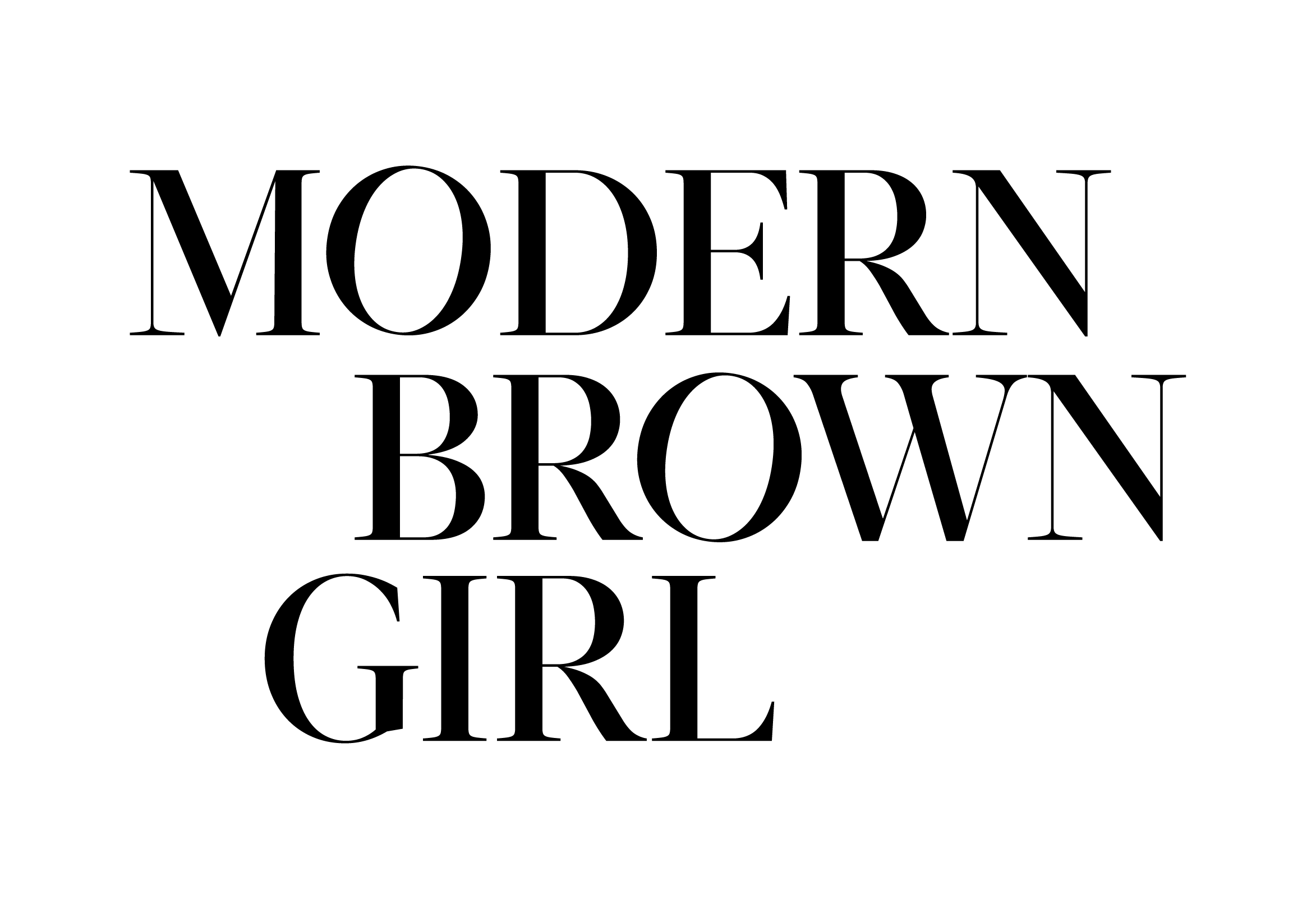We Need to Talk About Depression and Suicide
At its best, life is beautiful, inspiring, and captivating. At its worst, it's messy, complicated, and soul-crushing. Every day we are navigating through life’s many obstacles and true happiness only seems achievable if we attain certain things: love, money, a dream career, 2.5 kids, or stamps on our passports.
There is a thin line between sadness and depression, and because that line is greatly misunderstood, it can be problematic.
Depression is a hard thing to truly understand. Many disregard it as periods of sadness; everyone gets sad so what’s the big deal? It is also viewed as something that one can overcome by just thinking positively. It can be difficult for someone who suffers to admit their problems or even seek help for fear that it is seen as selfish. I mean, come on, there are real problems in the world. What are you so sad about?
Depression doesn’t care if you’re a world-famous celebrity or a stay-at-home mom. When you are overcome with depression, there is an insurmountable heaviness that takes over your body, mind, and spirit. It tricks you into thinking that your current outlook is reality and there is no other alternative. It can be hard to get out of bed, it can be hard to love yourself and those closest to you. Small problems seem to feel like life-threatening obstacles and, conversely, it can be difficult to find joy in life’s happy moments. It can be hard to focus on anything, let alone seeking help from a professional.
“The picture-perfect moments we see are not real, only representations of an idealized life. But depression can’t tell the difference.”
Social media is also a huge culprit. It’s a false mirror into other people’s lives that portray manufactured joy, happiness, and perfection. The technology that was supposed to bring us closer as a community is actually fueling an immense sense of loneliness and isolation. We sit, phones in hands, comparing our lives, accomplishments, relationships, and careers to strangers on Instagram, Facebook, and Twitter. The picture-perfect moments we see are not real, only representations of an idealized life. But depression can't tell the difference.
According to the Center for Disease Control and Prevention, "Suicide rates have increased in nearly every state over the past two decades, and half of the states have seen suicide rates go up more than 30 percent." Suicides happen for many complex reasons, and when you are in that dark place, it seems like the only reasonable solution. Our internal vulnerabilities and external triggers, such as social media, can make a permanent solution to a temporary problem feel like the only option.
In black and brown communities, depression is often seen as weak or not a real issue. It's simply not talked about. We don't go to therapy. We often turn to drugs or alcohol. We don't express ourselves when we're feeling overwhelmed, sad, or alone.
That's what "rich, white people do".
Only one in eleven Latinos with a mental health disorder will contact a mental health provider for treatment and care. As a community, we need to band together to help. We need to destigmatize the notion that taking care of our mental health is weak.
If you or someone you know suffers from depression, anxiety, panic attacks, or thoughts of suicide, please know that getting help is such an important first step. From there, life does get better. The sun will shine again. Your current situation is just a bookmark, not a place of permanence.
For help, talk to your doctor, talk to your best friend, your neighbor, talk to your mom or dad, your sister or brother -- just talk. Also, check out these other helpful resources.


Gabriela Garcia is the founder and editor of Modern Brown Girl.